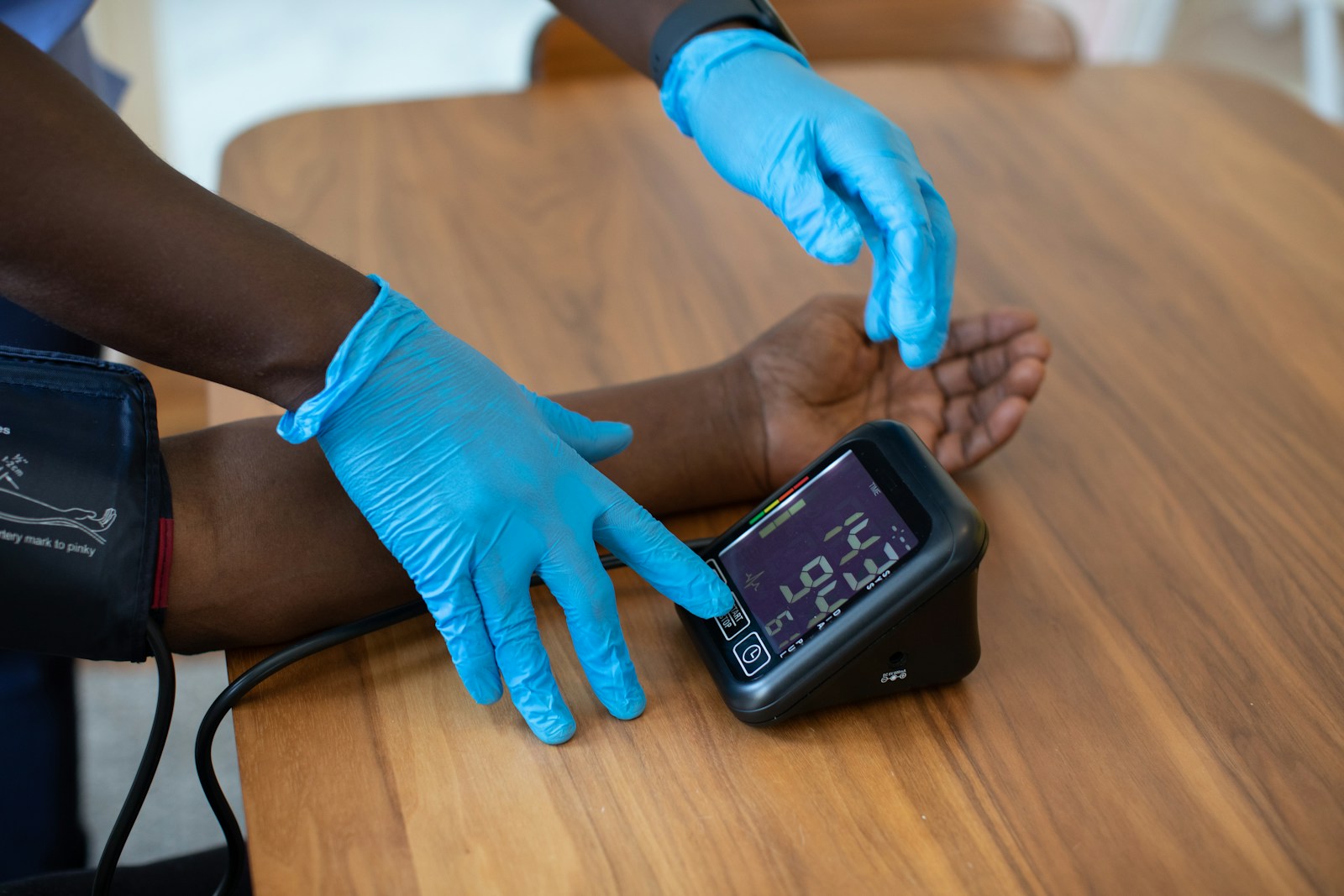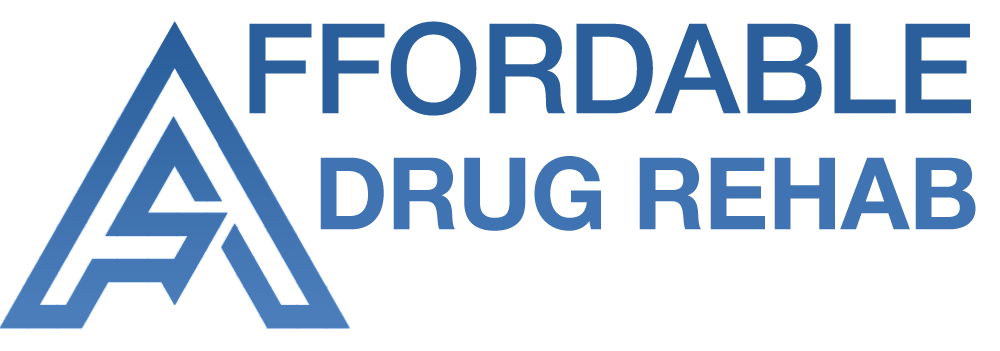Reclaiming Lives and Hope with Affordable Drug Rehab Programs
Addiction is a formidable challenge that affects millions worldwide. It’s a disease that not only impacts individuals but also takes a toll on families and entire communities. However, accessing the right treatment can be a daunting task, especially when financial constraints come into play. This blog post aims to explore the critical role that affordable drug rehab programs play in making treatment accessible for those battling addiction. We’ll look at the barriers to treatment, types of affordable programs available, and how they can aid in recovery.
Understanding Addiction and Its Impact: The Nature of Addiction
Addiction is a chronic disease that impacts the brain’s reward system, leading to compulsive substance use despite harmful consequences. It involves a complex interplay of genetic, environmental, and psychological factors, making it a multifaceted condition. This disruption can permeate every aspect of daily life, affecting not only mental and physical health but also relationships, employment, and overall well-being. The urge to consume drugs or alcohol becomes overpowering, creating a cycle of dependency that is difficult to break. As a result, the ability to quit on their own becomes incredibly challenging for individuals, often necessitating professional intervention and support systems to foster recovery.
Who Can Be Affected by Addiction?
Addiction does not discriminate. It can affect anyone, regardless of age, gender, race, or socioeconomic status. From teenagers experimenting with substances to adults dealing with stress or mental health issues, addiction can take hold of anyone. It can start with something as seemingly harmless as a prescription painkiller or a casual drink at a social event, gradually evolving into a dependency that disrupts lives. The impact of addiction extends beyond the individual, affecting families, communities, and societies as a whole. Understanding and addressing the root causes of addiction, while providing support and treatment, is crucial for recovery and prevention.
Societal Impact of Addiction
Beyond individual struggles, addiction carries significant societal costs. It contributes to higher crime rates, increased healthcare expenses, and loss of productivity. The ripple effects of addiction are felt across communities, burdening social services and law enforcement agencies. Families are often torn apart, and the emotional toll on loved ones is immeasurable. According to the National Institute on Drug Abuse (NIDA), the total estimated cost of substance abuse in the United States is over $740 billion annually, encompassing healthcare, crime, and lost productivity. This staggering figure highlights the urgent need for comprehensive prevention and treatment strategies to address the pervasive impacts of addiction.
Barriers to Treatment: Lack of Access to Healthcare
One of the primary barriers to addiction treatment is the lack of access to proper healthcare services. Many rural and underserved urban areas lack specialized facilities and trained professionals to provide adequate care. Furthermore, the stigma surrounding addiction often prevents individuals from seeking help. In addition to the shortage of resources, financial constraints and lack of insurance coverage compound the difficulty of obtaining necessary treatment. This multifaceted issue requires comprehensive solutions, including increased funding, policy changes, and community awareness programs to ensure that everyone can access the support they need.
Social Stigma
The stigma surrounding addiction often prevents individuals from seeking help. The fear of being judged or misunderstood can discourage people from pursuing treatment, leading to prolonged suffering. This stigma is perpetuated by societal misconceptions about addiction, viewing it as a moral failing rather than a complex medical condition. As a result, many individuals hide their struggles, feeling isolated and hopeless. Overcoming this stigma requires increased awareness and education, promoting empathy and support for those affected. By addressing these barriers, we can create a more inclusive environment where individuals feel safe to seek the help they need without fear of judgment.
Financial Constraints
For many individuals, the cost of treatment is a significant obstacle to receiving the help they need. According to the Substance Abuse and Mental Health Services Administration (SAMHSA), only 2.4 million of the estimated 21.7 million individuals who needed substance abuse treatment in 2019 received it at a specialized facility. This staggering gap highlights the urgent need for more affordable treatment options and increased accessibility to specialized care. High costs can deter those struggling with addiction from seeking the necessary support, exacerbating the issue and leading to further health complications and societal impacts. Addressing this financial barrier is crucial in ensuring that everyone has the opportunity to recover and lead healthier lives.
The Importance of Affordable Drug Rehab Programs: Breaking Down Financial Barriers
Affordable drug rehab programs are crucial in making treatment accessible to all. These programs offer quality care at reduced costs or on a sliding scale based on income, ensuring that financial constraints do not become a barrier to receiving necessary care. By accepting various insurance plans, they make treatment more affordable for those with coverage. Additionally, these programs often provide a range of services, such as counseling, medical support, and aftercare planning, to help individuals successfully navigate the journey to recovery. This comprehensive approach increases the chances of long-term success and helps build a supportive community around those in need.
Promoting Equitable Healthcare
Affordable rehab programs play a crucial role in creating a more equitable healthcare system by bridging the gap in access to essential services. They ensure that individuals from all financial backgrounds receive the same quality of care and support, regardless of their economic status. This approach not only enhances individual health outcomes but also fosters a healthier, more inclusive community. Furthermore, affordable rehab programs can significantly reduce the long-term costs associated with untreated conditions. When individuals receive timely and effective care, it reduces the likelihood of chronic issues that require more expensive treatments down the line. This not only benefits the individuals receiving care but also reduces the financial burden on the healthcare system and society as a whole.

Comprehensive Treatment Services
These programs typically offer comprehensive services that address substance use as well as underlying mental health issues and other co-occurring disorders like anxiety, depression, and trauma. This holistic approach greatly enhances the prospects for long-term recovery by considering all facets of an individual’s health and well-being. By addressing both the physical and emotional aspects of addiction, these programs ensure that individuals receive well-rounded care tailored to their unique needs. The integration of family therapy and life skills training also plays a critical role in helping individuals rebuild their lives and relationships, ultimately leading to sustained recovery and improved quality of life.
Types of Affordable Drug Rehab Programs: Outpatient Programs
Outpatient programs allow individuals to receive treatment while living at home, enabling them to continue with daily responsibilities such as work or school. These programs typically include counseling and therapy sessions, which can be scheduled around the individual’s commitments. Additionally, outpatient programs often offer support groups and educational workshops to help participants build coping skills and strategies for long-term recovery. By staying in their own environment, individuals can apply what they learn in real-time, making the transition to a healthier lifestyle smoother and more integrated.
Intensive Outpatient Programs (IOPs)
IOPs provide a more structured and intensive approach to treatment compared to traditional outpatient programs. They typically include multiple therapy sessions per week, with each session focusing on various aspects of mental health and recovery. These sessions can encompass individual therapy, group therapy, and family therapy, ensuring a well-rounded approach to treatment. Additionally, IOPs may offer extra services such as medication management to address any co-occurring medical conditions, as well as support groups that foster a sense of community and shared experience among participants. The goal of IOPs is to provide comprehensive care that addresses the unique needs of each individual, promoting long-term recovery and well-being.
Inpatient Programs
Also known as residential treatment, inpatient programs require individuals to live at the facility for a certain period, which can vary from a few weeks to several months. These programs offer 24/7 care and support, providing a focused and structured environment for recovery. During their stay, patients receive a range of therapeutic services, including individual and group therapy sessions, medical supervision, and holistic treatments such as nutrition counseling and fitness activities. This comprehensive approach helps individuals address the underlying issues contributing to their condition, promoting long-term healing and well-being.
Detox Programs
Detox programs help individuals safely manage withdrawal symptoms during the early stages of recovery. These programs often provide medical supervision to ensure safety and comfort, monitoring vital signs such as heart rate, blood pressure, and temperature, and addressing any complications that may arise, such as dehydration or severe discomfort. Additionally, they may offer counseling and support to help individuals cope with the emotional and psychological challenges of detoxification, including feelings of anxiety, depression, or cravings. By offering a structured and supportive environment, detox programs lay a strong foundation for long-term recovery, helping individuals transition smoothly into subsequent stages of treatment and rehabilitation.
How Affordable Drug Rehab Programs Help Fight Addiction: Evidence-Based Treatments
Affordable drug rehab programs utilize evidence-based treatments such as cognitive-behavioral therapy (CBT) and motivational interviewing to address the underlying causes of addiction. These therapies are proven to be effective in helping individuals understand and change their behaviors. CBT focuses on identifying and altering negative thought patterns and behaviors, while motivational interviewing encourages individuals to find internal motivation to initiate and sustain positive changes. By combining these approaches, rehab programs can provide a comprehensive support system that not only targets the symptoms of addiction but also empowers individuals to build a healthier and more fulfilling life.
Peer Support and Community
These programs often include peer support groups and alumni networks, providing ongoing support during and after treatment. Participants can share their experiences, challenges, and successes, fostering a sense of camaraderie and understanding. This sense of community is vital in maintaining sobriety and preventing relapse, as individuals are reminded they are not alone in their journey and can rely on the support of others who have faced similar struggles. These connections can be instrumental in navigating the complexities of recovery and building a resilient foundation for a healthier future.
Vocational Training and Job Placement
Some affordable rehab programs offer vocational training or job placement services to help individuals rebuild their lives post-treatment. These programs often provide a variety of skill-building workshops, resume writing assistance, and interview preparation to ensure participants are well-equipped for the job market. Empowering individuals with the necessary tools and support not only boosts their confidence but can greatly improve their chances of successful long-term recovery and reintegration into society.
The Role of Insurance in Making Treatment Affordable: Insurance Coverage for Rehab
Many affordable drug rehab programs accept various insurance plans, making treatment more accessible to those in need. By accepting a wide range of insurance options, these programs ensure that financial barriers are minimized for individuals seeking help. It’s essential to thoroughly understand your insurance coverage, including what specific treatments and services it entails for addiction recovery. This knowledge can significantly ease the process of finding the right rehab program and can provide peace of mind during a critical time.
Government Assistance Programs
Programs like Medicaid and Medicare can provide significant financial assistance for those who qualify. These government-funded programs cover a wide range of treatment services, including doctor visits, hospital stays, prescription medications, and preventive care. By doing so, they help reduce the financial burden on individuals and families, ensuring that more people have access to the healthcare they need without being overwhelmed by medical expenses. These programs are especially crucial for low-income families, the elderly, and individuals with disabilities, offering a safety net that can make a substantial difference in their quality of life.
Sliding Scale Fees
Some programs offer sliding scale fees based on income, ensuring that individuals pay only what they can afford. This approach makes quality treatment accessible to everyone, regardless of financial status. By adjusting fees according to a person’s financial situation, these programs aim to reduce the financial burden and ensure that cost is not a barrier to receiving necessary care. As a result, more people can benefit from professional services that might otherwise be out of reach, fostering a more inclusive and supportive community.
Conclusion
Addiction is a complex and devastating disease that requires proper treatment for individuals to overcome. Financial constraints should not prevent anyone from getting the help they need. Affordable drug rehab programs play a vital role in making treatment accessible and promoting a more equitable healthcare system. So contact us today by calling 1 (888) 850-3656 or clicking Affordable Drug Rehab. Let’s continue to advocate for affordable treatment options and break down the barriers that stand in the way of overcoming addiction. Everyone deserves a chance at a healthier and happier life. Recovery is possible, and with the right support, anyone can achieve it.
If you or a loved one is struggling with addiction, don’t hesitate to reach out for help. There are affordable options available, and compassionate professionals are ready to assist you every step of the way. Together, we can create a brighter future for all those affected by addiction.


